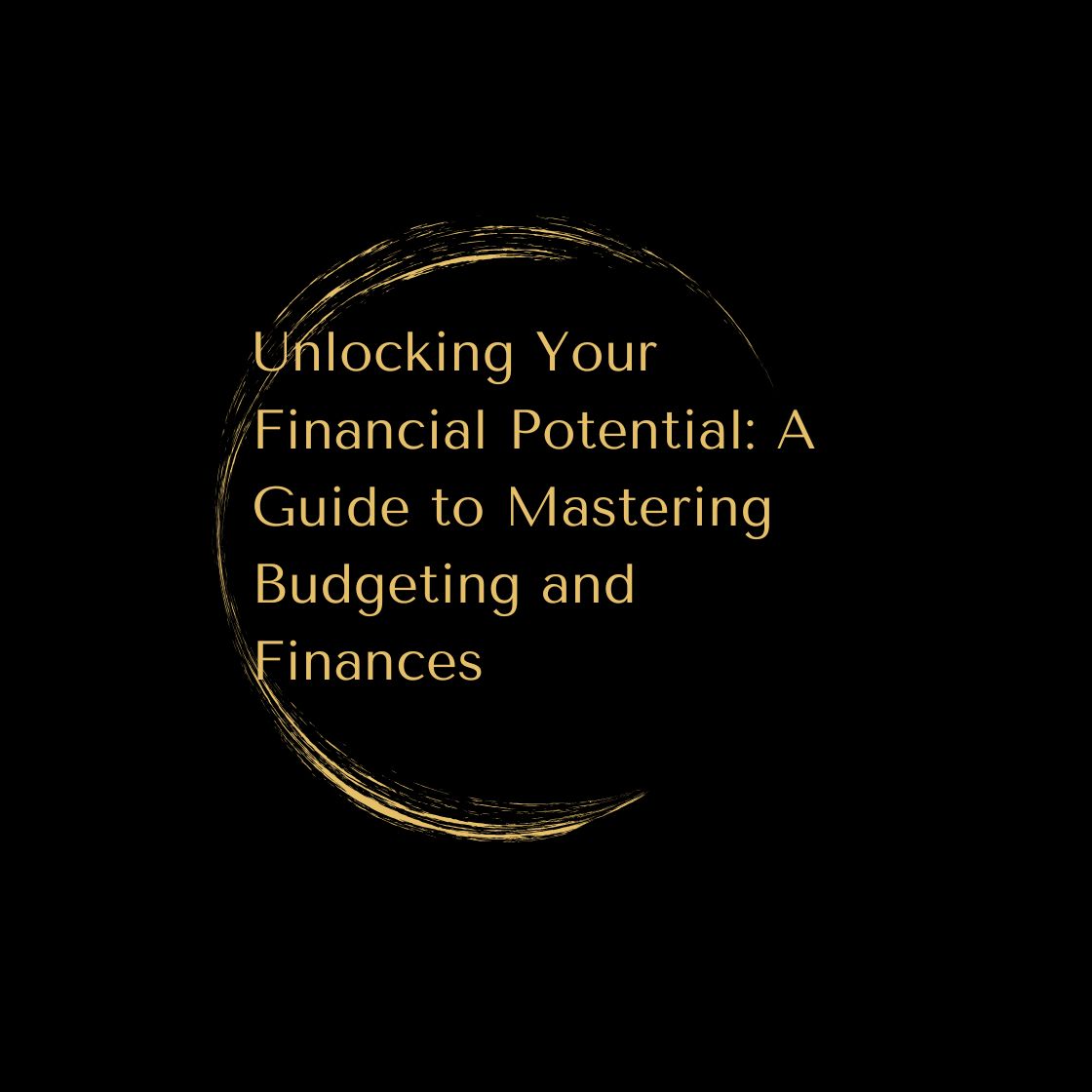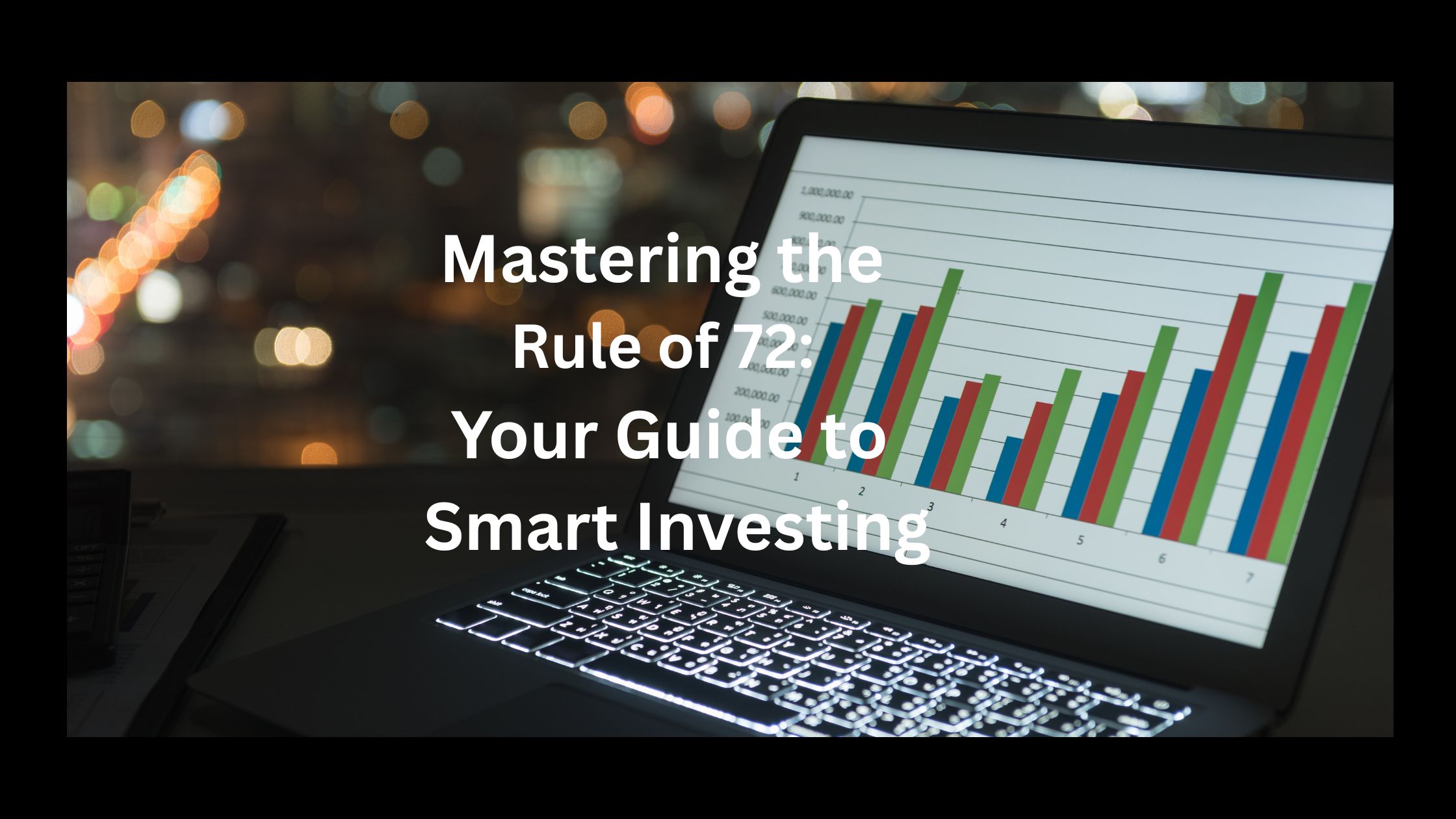Unlocking Your Financial Potential: A Guide to Mastering Budgeting and Finances
Ever feel like your money’s playing hide and seek? You’re not alone. Budgeting and finances can often seem like a daunting maze, but understanding your financial picture is the first step to mastering it. Whether you’re trying to get out of debt, save for a dream vacation, or simply have more peace of mind, having a clear view of your finances is essential. Let’s dive into the nuts and bolts of managing your money, so you can unlock your financial potential.
Step 1: Write Down All Sources of Income
First things first—know your income. It sounds simple, but you’d be surprised how many folks overlook this step. Gather all your streams of income, no matter how small. Here’s what you should include:
- Salary or Wages: Your regular paycheck (after tax income)
- Side Hustles: Income from freelance gigs, part-time jobs, or any extra work.
- Passive Income: Investments, rental properties, or dividends.
- Gifts or Windfalls: Occasional financial gifts or bonuses.
Once you’ve got everything listed, add it up. This total will be your baseline for managing your budgeting and finances.

Step 2: List All Monthly Expenses
Now that you’ve got your income sorted, it’s time to tackle those expenses. Grab a cup of coffee and get ready to face the reality of where your money’s going. Break them down into two categories:
Fixed Expenses
These are the bills that stay the same every month. Think of them as the non-negotiables:
Loan Payments: Student loans, car payments, or other fixed loans.
Rent or Mortgage: Your monthly housing cost.
Utilities: Electricity, water, gas, and internet.
Insurance Premiums: Health, car, and home insurance.
Variable Expenses
These can fluctuate month to month and usually come with a bit more wiggle room:
- Groceries: Your monthly food budget.
- Dining Out: Eating at restaurants or ordering takeout.
- Entertainment: Movies, concerts, or hobbies.
- Transportation: Gas, maintenance, or public transit costs.
- Miscellaneous: Clothing, gifts, or unexpected expenses.
Calculate the total for these expenses to get a clearer picture of your spending habits.

Step 3: Identify the Total Debt Amount
Debt can feel like a heavy weight, but acknowledging it is the first step to lifting it. Here’s how to get started:
- List All Debts: Credit cards, personal loans, student loans, and any other debts.
- Record Interest Rates: Note the interest rates for each debt to prioritize repayments.
- Identify Minimum Payments: The bare minimum you need to pay each month to stay current.
Once you’ve got this information, add up the total debt. It’s not about dwelling on the number but understanding what you’re working with.
Strategies for Managing Budgeting and Finances
Now that we’ve laid the groundwork, let’s explore some strategies to manage your budgeting and finances effectively:
1. Create a Realistic Budget
Creating a budget isn’t about deprivation; it’s about allocation. Determine how much of your income will go towards necessities, savings, and discretionary spending. Make adjustments as needed to align with your financial goals.
2. Establish an Emergency Fund
Life is unpredictable, and having a financial cushion can relieve stress. Aim to save at least three to six months of expenses in a separate account for emergencies.
3. Tackle Debt Strategically
Consider using the snowball or avalanche method to pay down debt. The snowball method focuses on paying off the smallest debts first, while the avalanche method targets debts with the highest interest rates.
4. Automate Savings and Payments
Set up automatic transfers to your savings account and automate bill payments. This ensures you’re consistently saving and avoiding late fees.
5. Regularly Review Your Financial Picture
Financial management isn’t a one-and-done deal. Regularly review your income, expenses, and debts to make necessary adjustments and stay on track.

FAQs
Q: How often should I review my budget?
A: It’s a good idea to review your budget when you get paid. This allows you to track progress and make adjustments as needed.
Q: What if my expenses exceed my income?
A: If your expenses exceed your income, it’s time to trim the fat. Look for areas where you can cut back, like dining out or entertainment, and consider increasing your income through side hustles or job advancements.
Q: How can I stay motivated to stick to my budget?
A: Set specific financial goals and remind yourself of the benefits. Celebrate small victories along the way to stay motivated.
Understanding your financial picture is more than just numbers on a page—it’s about gaining control, reducing stress, and working towards the life you want. By managing your budgeting and finances effectively, you can navigate your financial future with confidence. Remember, it’s not about being perfect; it’s about making progress. So, take a deep breath and start your journey to financial empowerment today. I have many free planners in my store.




Leave a Reply